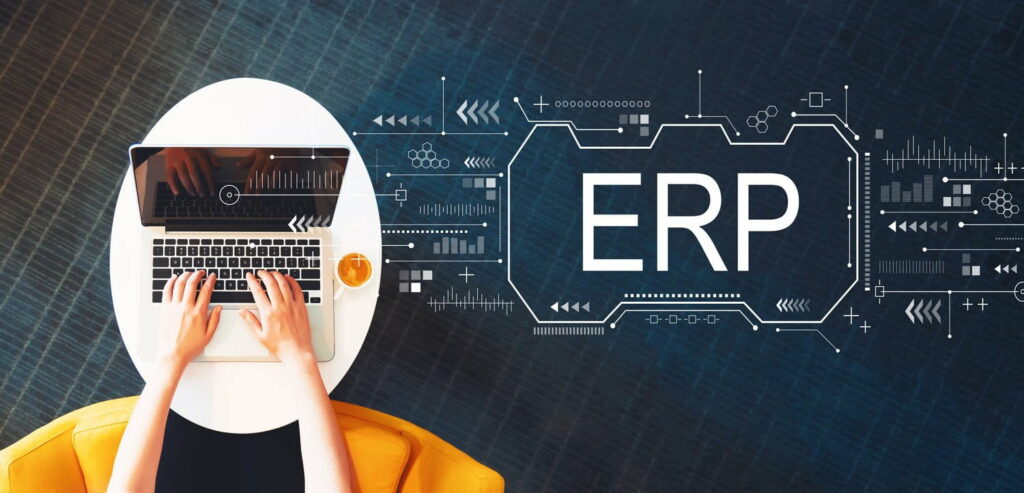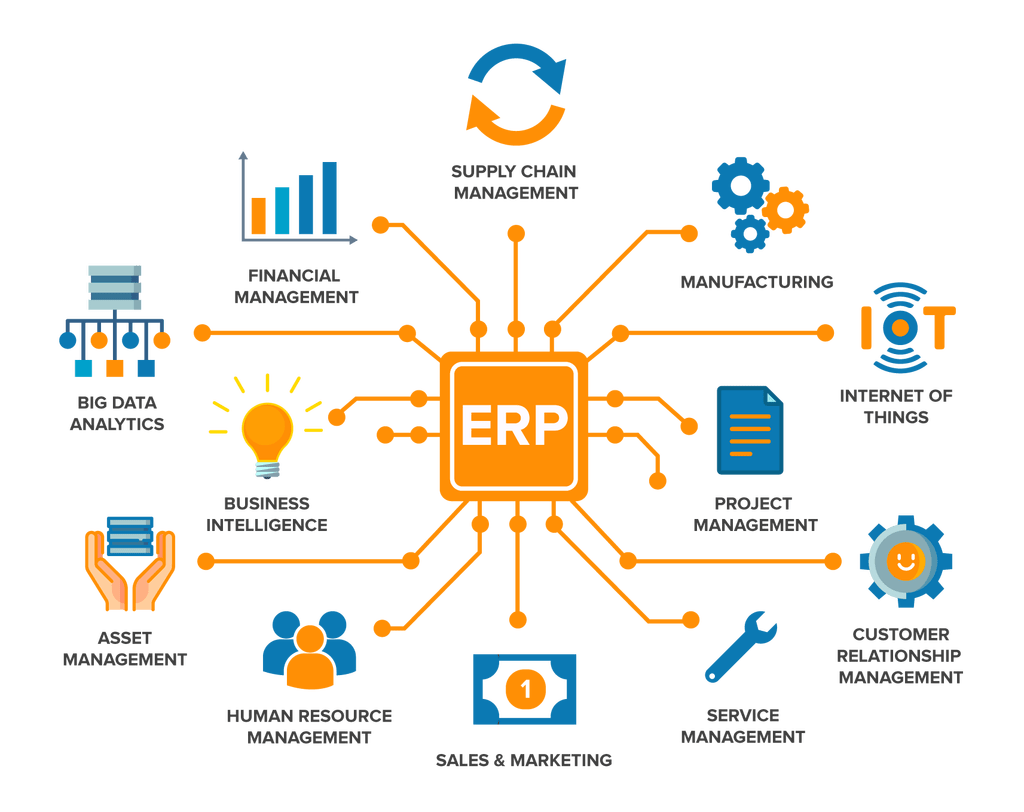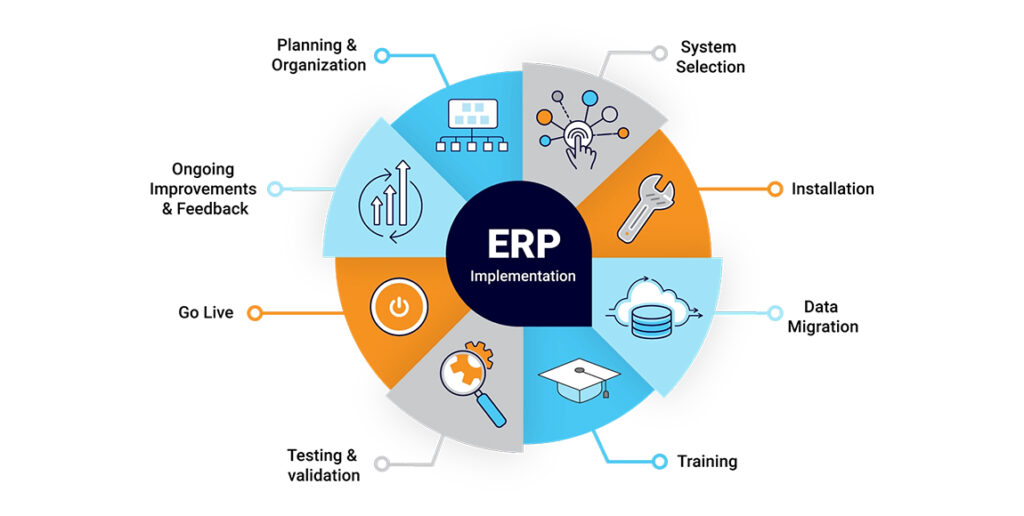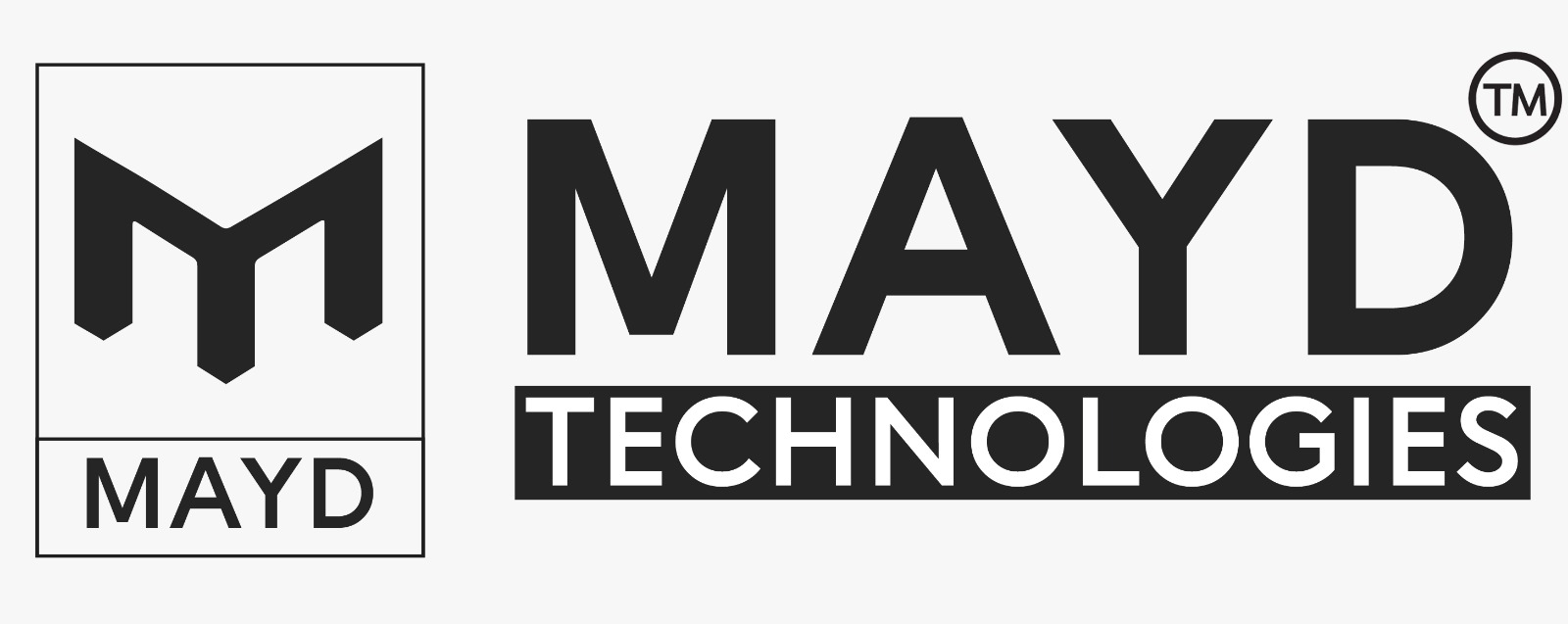
ERP for school management refers to an Enterprise Resource Planning system specifically designed to manage and automate the day-to-day operations of educational institutions such as schools, colleges, and universities. A school management ERP system integrates various functions into a unified platform, enabling schools to operate more efficiently and effectively.
Key Features of School Management ERP:

- Student Information System (SIS):
- Manages student data including enrollment, attendance, grades, and academic progress.
- Tracks student performance and provides insights for teachers and parents.
- Admission Management:
- Automates the admission process from inquiry to enrollment.
- Handles application forms, entrance exams, and fee payments.
- Timetable and Class Scheduling:
- Creates and manages class schedules and timetables for students and teachers.
- Allocates resources like classrooms and staff efficiently.
- Fee Management:
- Manages fee collection, invoicing, and receipts.
- Tracks payment statuses and sends reminders for pending dues.
- Attendance Management:
- Automates student and staff attendance tracking.
- Generates attendance reports and integrates with leave management.
- Examination Management:
- Manages the entire examination process, including scheduling, grade entry, and result publication.
- Supports various types of assessments and grading systems.
- Library Management:
- Manages the library’s inventory, lending, and return of books.
- Tracks overdue books and manages fines.
- Transport Management:
- Manages school transportation, including route planning, vehicle tracking, and driver management.
- Ensures the safety and punctuality of student transportation.
- Human Resources Management:
- Manages staff records, payroll, leave, and attendance.
- Supports recruitment, training, and performance appraisal processes.
- Communication Tools:
- Facilitates communication between the school, students, parents, and staff through SMS, email, or mobile apps.
- Sends notifications and alerts about important events, announcements, and emergencies.
- Financial Management:
- Manages school finances, including budgeting, accounting, and financial reporting.
- Tracks expenses, income, and financial performance.
- Parent and Student Portals:
- Provides access to academic records, attendance, fee details, and other important information for parents and students.
- Facilitates online fee payment and communication with teachers.
- Inventory and Asset Management:
- Manages the school’s assets and inventory, including furniture, equipment, and supplies.
- Tracks asset depreciation and maintenance schedules.

Benefits of School Management ERP:
- Streamlined Operations: Automates repetitive tasks and reduces administrative burden.
- Improved Communication: Enhances communication between teachers, students, and parents.
- Better Decision-Making: Provides real-time data and insights for informed decision-making.
- Cost and Time Efficiency: Reduces operational costs and saves time by automating processes.
- Enhanced Data Security: Ensures data security and privacy with role-based access and secure storage.



